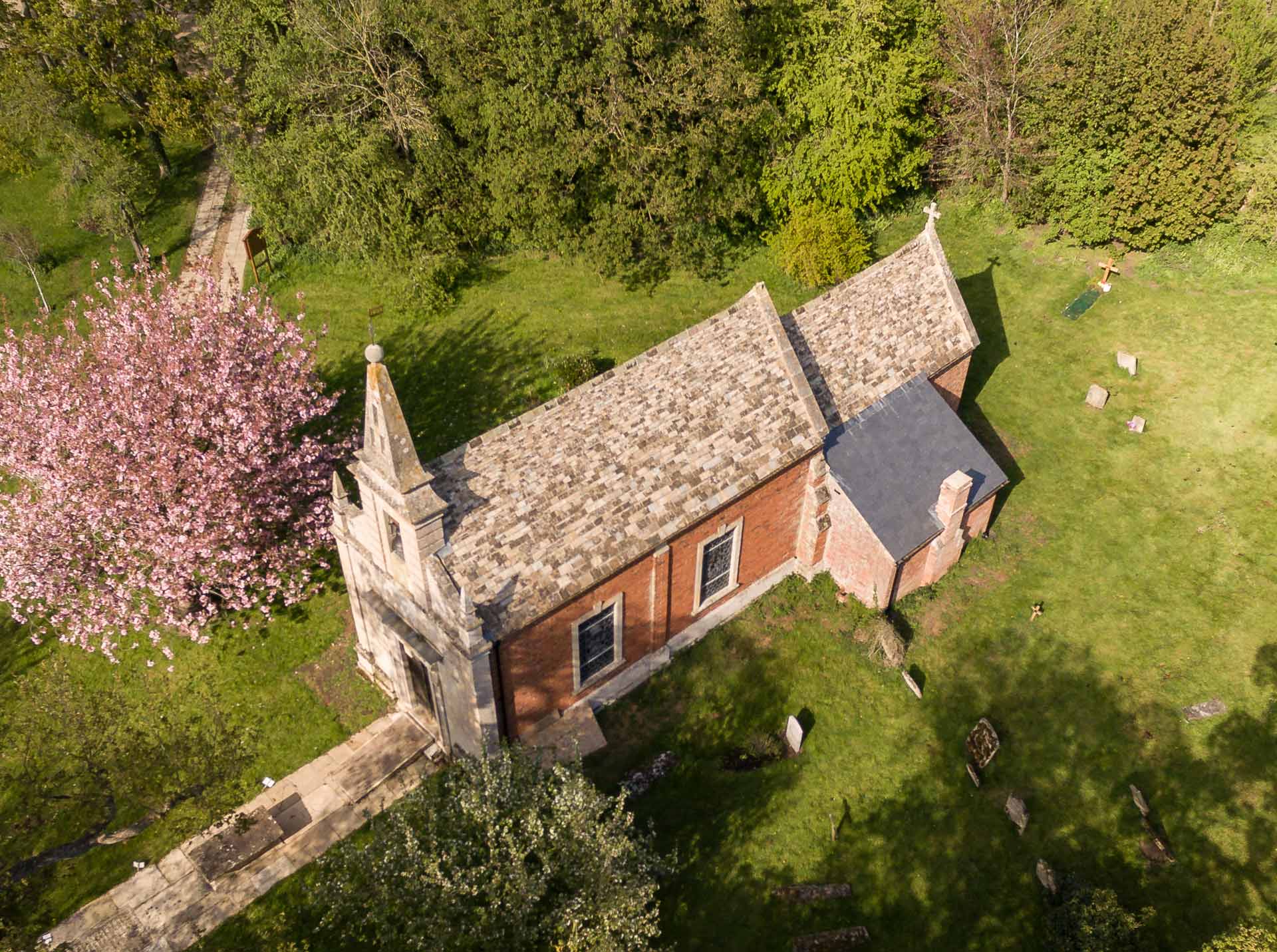Ian was born in 1953, his mother an academic who had emigrated from China and his father a pharmacist. He was educated at Winchester College, where he excelled both academically and in all kinds of sport, and where he developed his love of literature and of music. He then studied English at Christ Church, Oxford. He quite soon realised that his vocation was teaching and his style as a teacher was completely true to his own personality – provocative, funny, risk-taking, energetic and unconventional. Both throughout his career and after he died, many of his former pupils testified to the inspirational effect he had on their education and their lives.
He was a lifelong sports fan, a devoted follower of Liverpool FC and Surrey CCC, but his true passions remained music and literature. Once a fine cellist and pianist, he loved classical, rock and jazz and some kind of music filled his house at all times. He read in every area – history, biography, fiction, poetry – and his favourite writers included Charles Dickens, Margaret Atwood, Peter Carey, Philip Roth, Virginia Woolf, William Faulkner and, of course, TS Eliot. Although he did explore Christianity late in life, he was never religious in the traditional sense, but he always had a strong spiritual side to him that found its expression in music and poetry.
In his later years he battled with depression and he did so in a characteristic way, not only exploring the causes of it through therapy and analysis but also reading widely in the fields of psychology and psychoanalysis. The Four Quartets had been important to him from an early age but when he finally visited Little Gidding, he found a place of beauty and history, a kind of spiritual home where he felt at peace. Ian died quite unexpectedly of a heart attack on 29th May 2017.
This obituary was written by Ian’s friend, Anthony Goff.
Generous bequest
Ian Bentley left a very generous bequest to St John’s Church, Little Gidding. The PCC is grateful to Ian and his executors, as the bequest has enabled us to do some urgent preservation work on the Church and its fabric, as well as being able to support current work from St Johns and Ferrar House. We recognise both its historic role and also the role that St John’s plays in people’s ongoing spiritual journeys, and hope that St John’s will continue to inspire people for many years to come.
So far, we have been able to:
- repair the roof of St John’s church
- restore the bell at the West end
- restore the Ferrar family font
- support the restoration of the ground floor of Ferrar House (where the font will be housed)
- update the website
In the near future, we hope to update the Oratory, so that it is a useable space and ensure that the West end of the church is accessible.



